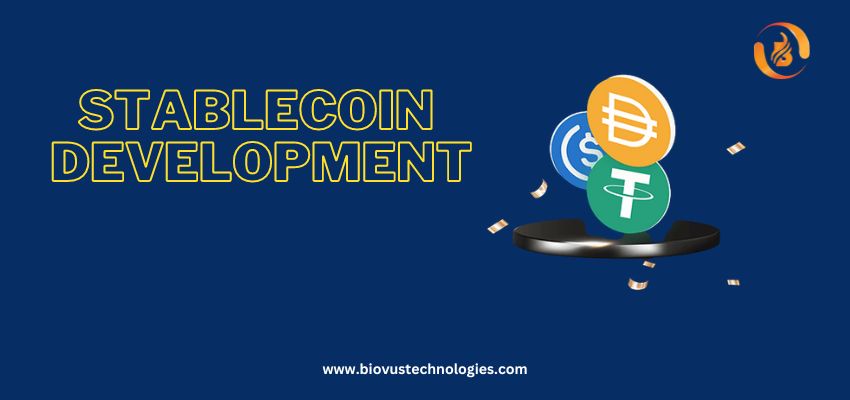In the ever-evolving world of cryptocurrencies and blockchain technology, BEP-20 tokens have appeared as a prominent player. BEP-20 tokens are the backbone of the Binance Smart Chain (BSC) and have gained significant traction in recent years. In this blog, we will delve into what are BEP-20 tokens, explore their various applications, and assess the advantages and disadvantages of developing them. If you’re interested in BEP-20 token development, look no further for insights into this thriving domain. So, most of the blockchain development companies have focused on bep 20 token development.
What is a BEP-20 Token?
BEP-20 tokens are a specific standard used within the Binance Smart Chain ecosystem. This token standard is fully compatible with Ethereum’s ERC-20, making it easy for developers to create tokens that can run on both networks. BEP-20 tokens are the digital assets that fuel decentralized applications (DApps), and they play a pivotal role in facilitating various functionalities on the Binance Smart Chain. They can be used for many purposes, from creating decentralized finance (DeFi) platforms to launching new cryptocurrencies.
Applications of BEP-20 Tokens
- Decentralized Finance (DeFi): BEP-20 tokens are the foundation for many DeFi platforms, enabling users to engage in yield farming, liquidity provision, lending, and borrowing. Tokens like BUSD and CAKE have become staples in the DeFi space.
- Gaming: The gaming industry harnesses BEP-20 tokens to tokenize in-game assets, creating a decentralized marketplace for trading virtual items, characters, and more. This enhances ownership and liquidity within the gaming ecosystem.
- NFTs: Non-fungible tokens (NFTs) represent unique digital assets, and BEP-20 tokens provide a cost-effective solution for creating NFTs. Artists, musicians, and content creators use them to tokenize and sell their digital creations.
- Cross-Chain Compatibility: BEP-20 tokens can be used for cross-chain activities, enabling assets to move seamlessly between the Binance Smart Chain and Ethereum. This interconnectivity opens up various possibilities for developers and users.
- Tokenization of Assets: Companies and individuals can tokenize real-world assets, such as real estate, art, and stocks, using BEP-20 tokens. This fosters fractional ownership and makes traditionally illiquid assets more accessible.
Advantages of BEP-20 Token Development
- Low Transaction Fees: BEP-20 tokens, running on the Binance Smart Chain, offer significantly lower transaction fees than Ethereum. This cost-effectiveness makes them an attractive choice for many applications.
- Rapid Transaction Speeds: BSC is known for its high throughput and faster block confirmation times, ensuring quick and efficient transactions.
- Compatibility: BEP-20 tokens are ERC-20 compatible, making it easier to port existing Ethereum-based projects to the Binance Smart Chain without significant modifications.
- Community and Support: The Binance ecosystem boasts a strong community and robust developer support, facilitating the development and growth of BEP-20 token projects.
- Ecosystem Integration: With Binance’s wide range of products and services, BEP-20 tokens can easily integrate into a broader blockchain ecosystem, providing opportunities for partnerships and collaborations.
Disadvantages of BEP-20 Token Development
- Centralization Concerns: Some critics argue that the Binance Smart Chain is more centralized than other blockchain networks, raising concerns about censorship and control.
- Less Decentralization: While Binance Smart Chain offers advantages in terms of speed and cost, it may compromise decentralization compared to more established blockchain networks.
- Security Risks: As with any blockchain, there is a risk of smart contract vulnerabilities and security breaches that developers must be vigilant about.
In conclusion, BEP-20 token development have carved a niche in blockchain and cryptocurrencies. They offer an array of applications and benefits, such as lower fees, high-speed transactions, and easy integration. However, developers and users should also know the potential drawbacks associated with centralization and security risks. If you’re considering BEP-20 token development, partnering with an experienced BEP-20 token development company can help you navigate the complexities of this ecosystem and unlock the full potential of these tokens.
Visit us at: www.biovustechnologies.com







